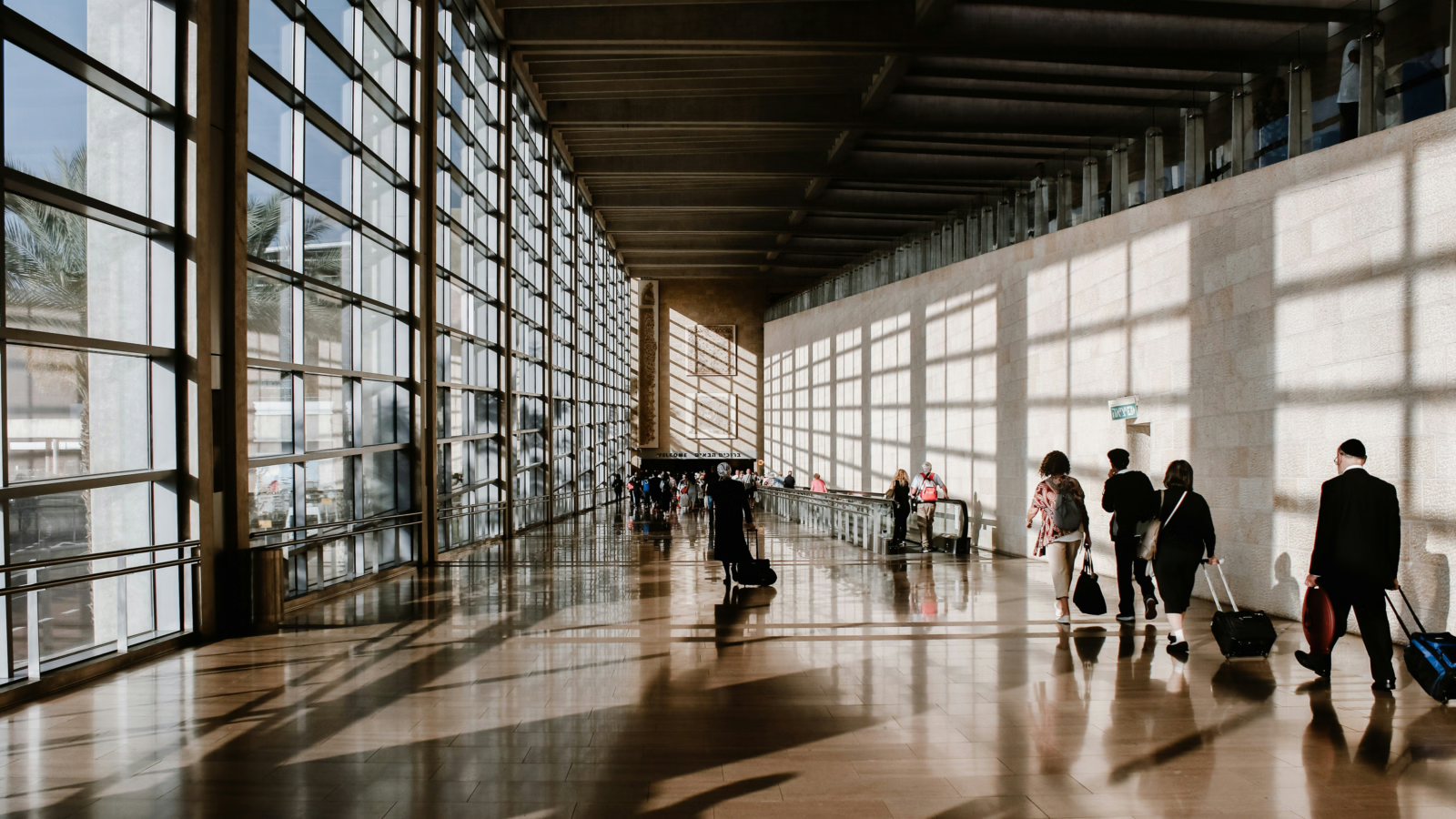Key Points:
- Nearly 7,000 flight delays occurred Monday as air traffic controller absences surged during the 27-day government shutdown.
- Travelers should expect continued disruptions and consider travel insurance or credit cards with trip delay protection to mitigate costs.
- Understanding your passenger rights and available protections can save hundreds of dollars during weather or staffing-related delays.
Air travel chaos intensified across the United States on Monday with nearly 7,000 flight delays reported nationwide. The disruption comes as the federal government shutdown reached its 27th day, with air traffic controller absences climbing to unprecedented levels. For points and miles enthusiasts planning upcoming trips, understanding how to protect yourself during this turbulent period isn't just smart planning but essential financial strategy.
The Real Impact on Your Travel Plans
The government shutdown has created a staffing crisis within the Federal Aviation Administration. Air traffic controllers working without pay are calling out sick at higher rates, creating bottlenecks at major airports across the country. These delays cascade throughout the system. A delayed departure from Atlanta ripples to connecting flights in Chicago, Denver, and beyond.
This isn't a typical weather delay you can work around. When staffing shortages hit air traffic control, airlines have limited options. They can't simply reroute through less congested airspace because those controllers face the same staffing challenges.
If you're traveling in the coming weeks, expect delays to continue as long as the shutdown persists. The Transportation Security Administration also reports increased absences among TSA agents, meaning longer security lines compound the delays caused by reduced air traffic control staffing.
Your Credit Card Benefits Might Save the Day
Here's where strategic credit card use makes a real difference. Many premium travel credit cards include trip delay protection that reimburses you for expenses when flights get delayed.
The Chase Sapphire Reserve covers up to $500 per ticket for reasonable expenses like meals and hotel stays when your trip gets delayed six hours or more. The American Express Platinum Card provides similar coverage. Even mid-tier cards like the Chase Sapphire Preferred offer trip delay reimbursement.
These benefits typically cover delays caused by equipment failure, severe weather, or carrier-caused delays. Some policies specifically exclude delays from labor actions, but many government-related disruptions fall into the "carrier operations" category, which is covered.
Before your next trip, check your card's guide to benefits. Know what documentation you'll need for reimbursement, typically receipts and proof of the delay. Taking five minutes now could save you hundreds later.
Should You Purchase Additional Travel Insurance?
Credit card benefits provide solid baseline protection, but they have limits. If you're planning a complex itinerary or expensive trip, standalone travel insurance offers more comprehensive coverage.
Services like Faye provide app-based travel insurance with 24/7 claim support. Their policies often cover broader scenarios than credit card benefits, including cancellations for unforeseen circumstances.
InsureMyTrip lets you compare policies from multiple providers to find coverage that fits your specific needs. During periods of travel uncertainty like the current shutdown, travel insurance becomes less optional and more practical necessity.
The key is understanding what you're buying. Most basic policies won't cover cancellations because you're worried about delays, they cover actual disruptions to your travel. Read the fine print on cancel-for-any-reason upgrades if flexibility matters most to you.
Know Your Passenger Rights
When delays happen, knowing your rights helps you navigate rebooking and compensation. Airlines aren't required to compensate you for delays caused by factors outside their control, which typically includes government actions. However, they must accommodate you on their next available flight at no additional charge.
If you're stuck overnight, ask about hotel vouchers. While not required for non-airline-caused delays, many carriers provide them as a customer service gesture, especially for elite status members or premium cabin passengers.
For international travel or delays exceeding three hours, AirHelp can help you determine if you're entitled to compensation under EU regulation 261 or similar international passenger protection laws. These protections often provide better compensation than U.S. domestic policies.
Smart Booking Strategies Right Now
If you're booking travel during this uncertain period, consider these strategies:
Build in buffer time. Instead of scheduling tight connections, add several hours between flights. Yes, it's less efficient, but missing a connection because of shutdown-related delays could cost you days and hundreds in rebooking fees.
Book refundable fares when possible. The price premium often pays for itself when plans change. Many airline credit cards offer benefits like free checked bags and priority boarding that effectively subsidize the cost of more flexible tickets.
Monitor your flight status obsessively. Download your airline's app and enable push notifications. Airlines often know about delays before they're publicly announced. Getting ahead of the rebooking crowd makes a difference.
Have backup plans. Identify alternative airports within reasonable driving distance. Know which alliance partners can get you to your destination if your original carrier cancels flights.
Looking Ahead
Nobody knows when the government shutdown will end. Until it does, expect continued disruption to air travel. The FAA has warned that extended controller absences could force them to implement ground stops at major airports, which would make current delays look mild by comparison.
Smart travelers protect themselves before problems arise. That means understanding your credit card benefits, considering appropriate insurance, and building flexibility into your travel plans. The points and miles you've carefully earned shouldn't get wasted on rebooking fees and emergency hotel stays you could have avoided.
The silver lining? This situation reminds us why holding the right credit cards matters. Those premium annual fees that seemed questionable? They're earning their keep when you're the passenger who gets reimbursed while others pay out of pocket.
Stay flexible, know your protections, and don't let the shutdown derail your travel plans completely. With the right preparation, you'll navigate these disruptions far better than unprepared travelers around you.
This article contains affiliate links. If you apply through our links, we may earn a commission at no cost to you, which helps us continue sharing points and miles strategies with the community.















